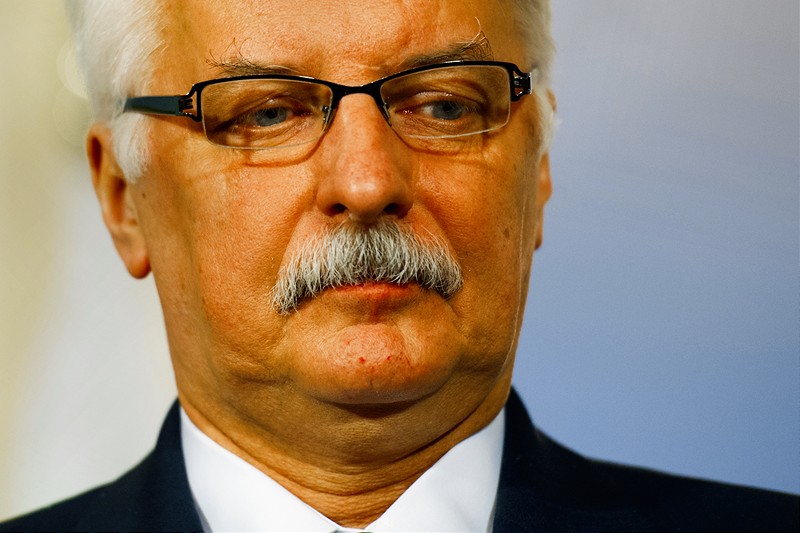Former Foreign Minister and current Law and Justice (PiS) MEP Witold Waszczykowski spoke on Polish Radio on the recent US-German agreement on Nord Stream 2 (NS2). Waszczykowski emphasized that the Biden administration has failed to oppose the pipeline project.
“An agreement was reached with Germany and perhaps even with Russia. We can guess what interests stand behind this: rivalry with China and an attempt to convince Germany and Russia to choose America’s side,” he explained.
Waszczykowski pointed out that the advisor to the US Secretary of State, Derek Chollet, who made a three-day visit to Poland last week, is a politician who believes that Russia should be cooperated with.
“Poland views such a policy negatively. It is an illusion to think that democratic standards can be imposed on Russia. NS2 is an instrument for geopolitical blackmail against our part of Europe,” he warned.
The former FM declared that, given the US-German agreement, Poland should receive compensation in the area of security.
“Russia will use NS2 not only for energy blackmail, but also to increase its military presence in the Baltic Sea under the pretext of protecting gas installations,” Waszczykowski warned.
He suggested that an example of this compensation could be deeper military cooperation between the US and Poland.

The former Polish FM Witold Waszczykowski declared that, given the US-German agreement, Poland should receive compensation in the area of security. Source: AP Images.
Nord Stream 2 is almost completed. Its construction was opposed by Poland, Ukraine, and the Baltic states who emphasized that the pipeline would increase European dependence on Russian gas import and increase Russia’s influence over European politics.
NS2 initiated construction in 2018 during Donald Trump’s presidency. The project became the main source of conflict between the United States and Germany under the Trump administration.
The US Biden administration and the German Foreign Ministry announced in July that they had reached an agreement concerning ending the conflict over the Nord Stream 2 pipeline. As part of the agreement, the US will waive sanctions over Nord Stream 2, while Germany is to invest in Ukrainian projects and will be obliged to impose sanctions on Russia in case of aggressive action.
Title image: German Chancellor Angela Merkel and Russian President Vladimir Putin pose for a photo during arrivals at the chancellery in Berlin, Germany, Sunday, Jan. 19, 2020, AP Images.





